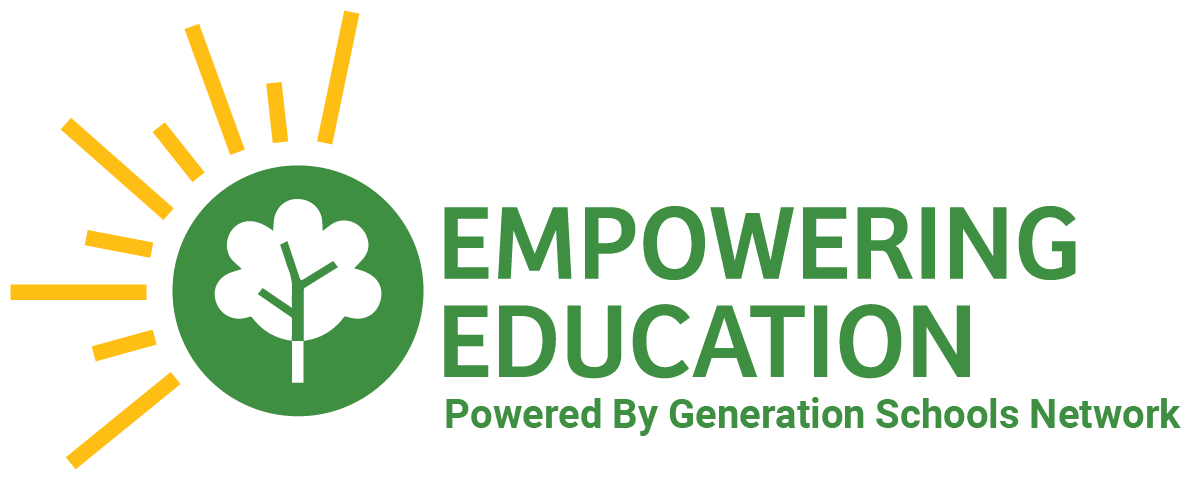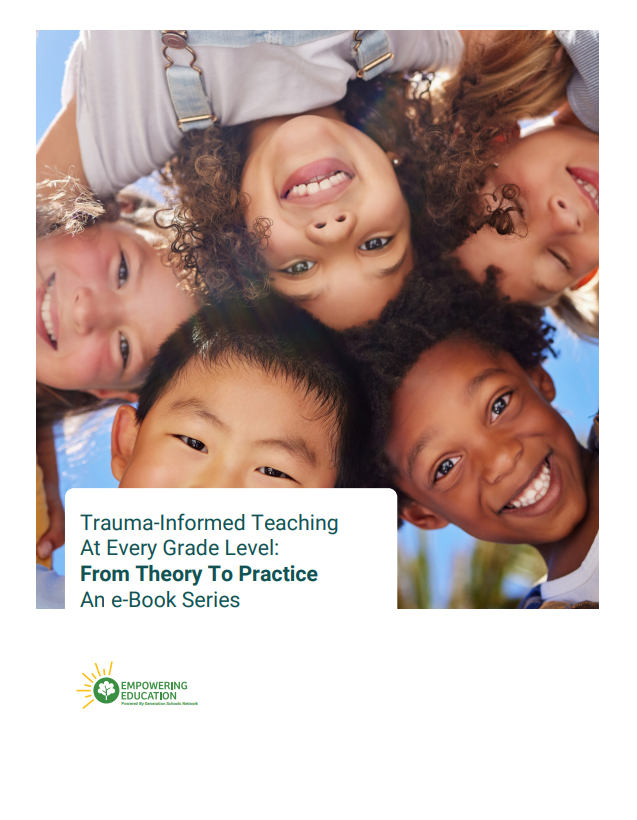If you’re a teacher heading into parent-teacher conferences and are looking for some ideas and tools to help with SEL conversations with parents, read on!
While kids may worry about what is said at parent-teacher conferences, those conversations can be just as stressful for teachers. Parents may feel defensive or upset when they hear that their child is not excelling academically — but it can be even more difficult when teachers have to relay that there are problems of a social-emotional nature.
When I was a special education teacher, I was uncertain at times what to say in these situations. How could I tell parents that their child was being a bully to other students or disruptive in class without sounding like I was blaming the parents? Those conversations were stressful for the parents too (so now we’ve got the child, the teacher, and the student all stressed!). Part of the problem was that it was hard to say what the parent should do to help improve the situation, making it sound like I was reporting on an unsolvable personality issue or even a shortcoming with their parenting. I needed some tools to hand to parents in these moments to help us work together to support their child, using the same language at home and school, and building social and emotional skills inside and outside of the classroom.
SEL Tools for Parents
It turns out that the at-home resources in our SEL curriculum can do the trick. For those not using our program, we’ve put in a few at the bottom for you. These two-page documents are each tied to the Empowering Education core-content lessons and explain what students are learning in class and how parents can reinforce the lessons, including giving links to related books. (They are in Spanish and English and can be emailed or printed for parents.)
It is one thing to tell a parent, “Johnny is struggling to express his emotions” and quite another to say, “Johnny is struggling to express his emotions. We are learning how to use I-statements in the classroom. Here is a resource with some vocabulary to use at home, some games and activities to practice, and some extra online resources all focusing on building I-statements.” The resources may also be a helpful addition to back to school nights and parent newsletters.
While our members can access all of the at-home resources when logged into their Empowering Education account, below are two at-home resources here directly that could be sent home to students’ parents or families today.
Good luck with your conferences and let us know if you have other ideas or questions about how to discuss SEL issues with parents.
I-Statements
At-Home Resource: I-Statement Grades K-2
At-Home Resource: I-Statement Grades 3-5
At-Home Resource: I-Statement Grades 6-8
Mindful Breathing
At-Home Resource: Mindful Breathing Grades K-2


